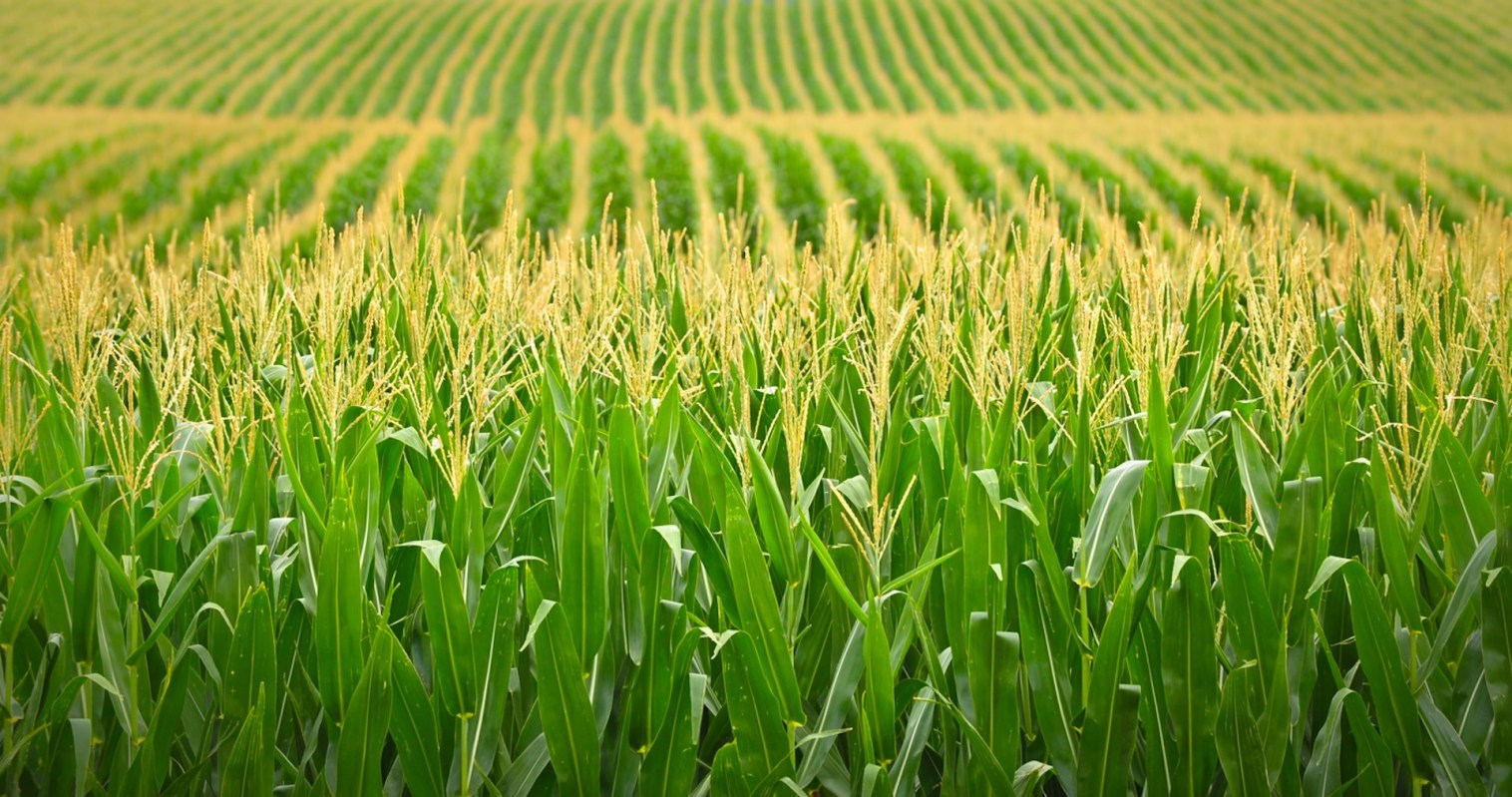A recent report shined a spotlight on a growing issue faced by farmers in America.
As explained in the Nebraska Examiner, the University of Nebraska-Lincoln's Clayton Yeutter Institute of International Trade and Finance published research that determined agricultural production at American farms is being affected by "shifting weather patterns, more frequent and severe storms, floods, and drought, and changing pest and disease pressures."
Also, the world's population is increasing at a rate that is becoming difficult for agricultural production to keep up with amid these shifting weather conditions.
However, the report stated that farmers believe they can use biotechnology to help curb these issues. The problem is that they need Congress and federal officials to implement policies that would regulate agricultural biotechnology production.
"Too many agencies involved in different parts of the process," said Jill O'Donnell, director of the Yeutter Institute. "Overlapping authorities. Streamlining who is responsible for what. Figuring out what needs to be looked at again. … The statutes have not been updated in decades."
The report suggested that the number of federal agencies responsible for part of the biotech food regulatory process should be streamlined from three agencies with overlapping responsibilities to one.
The three agencies currently responsible for agricultural biotechnology oversight are USDA's Animal and Plant Health Inspection Service, the U.S. Environmental Protection Agency, and the Department of Health and Human Services' Food and Drug Administration.
Farmers are hoping this research helps improve public perception when it comes to genetically engineered and modified food. Per the Nebraska Examiner, farmers in the report said they "want government officials, regulators, food companies and food marketers to stop perpetuating the notion that 'GMO-free' labeled food is somehow healthier and better for people than science-aided alternatives."
The use of GMO technology has already been found to be an effective way to combat climate-related concerns, as vegetables and rice have been produced safely for commercial consumption.
However, the only way for biotechnology to continue growing into a viable form of production is if the government gets more involved with the process.
"Innovation is essential for achieving food security and sustainability in the coming decades," the report said. "Congress should consider holding hearings on the challenges and opportunities to unleash innovation in service of this goal."
Join our free newsletter for cool news and actionable info that makes it easy to help yourself while helping the planet.









